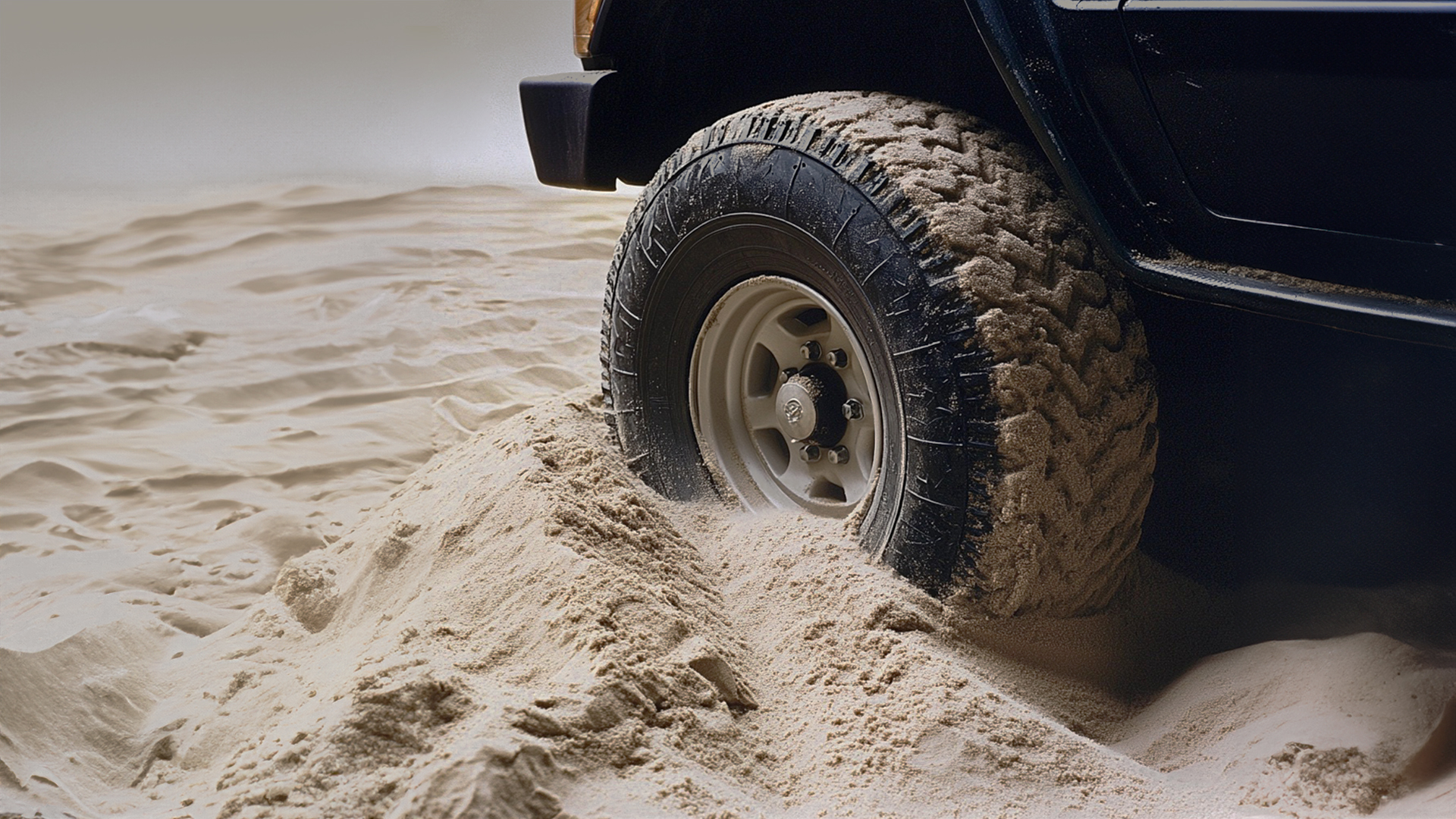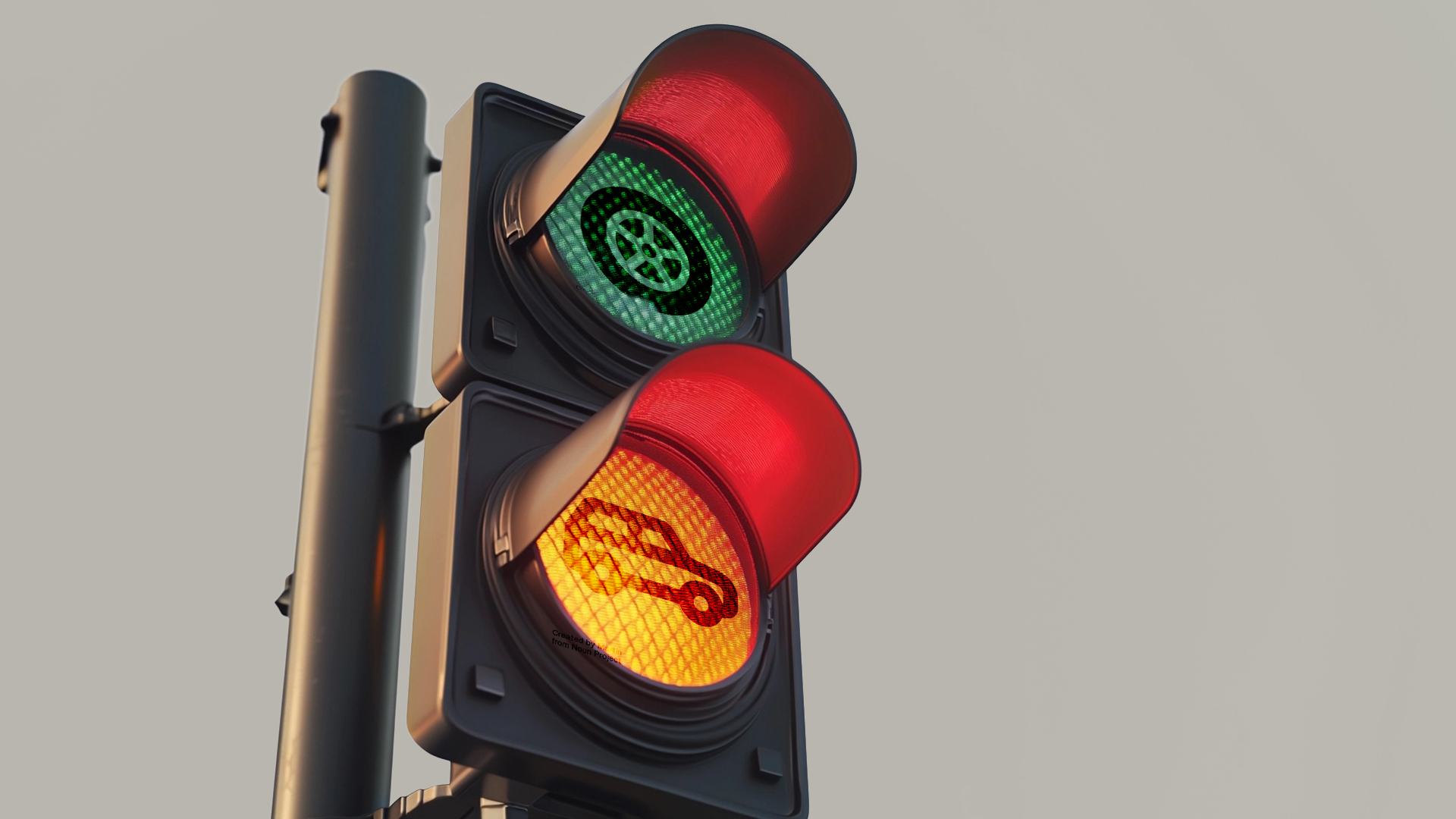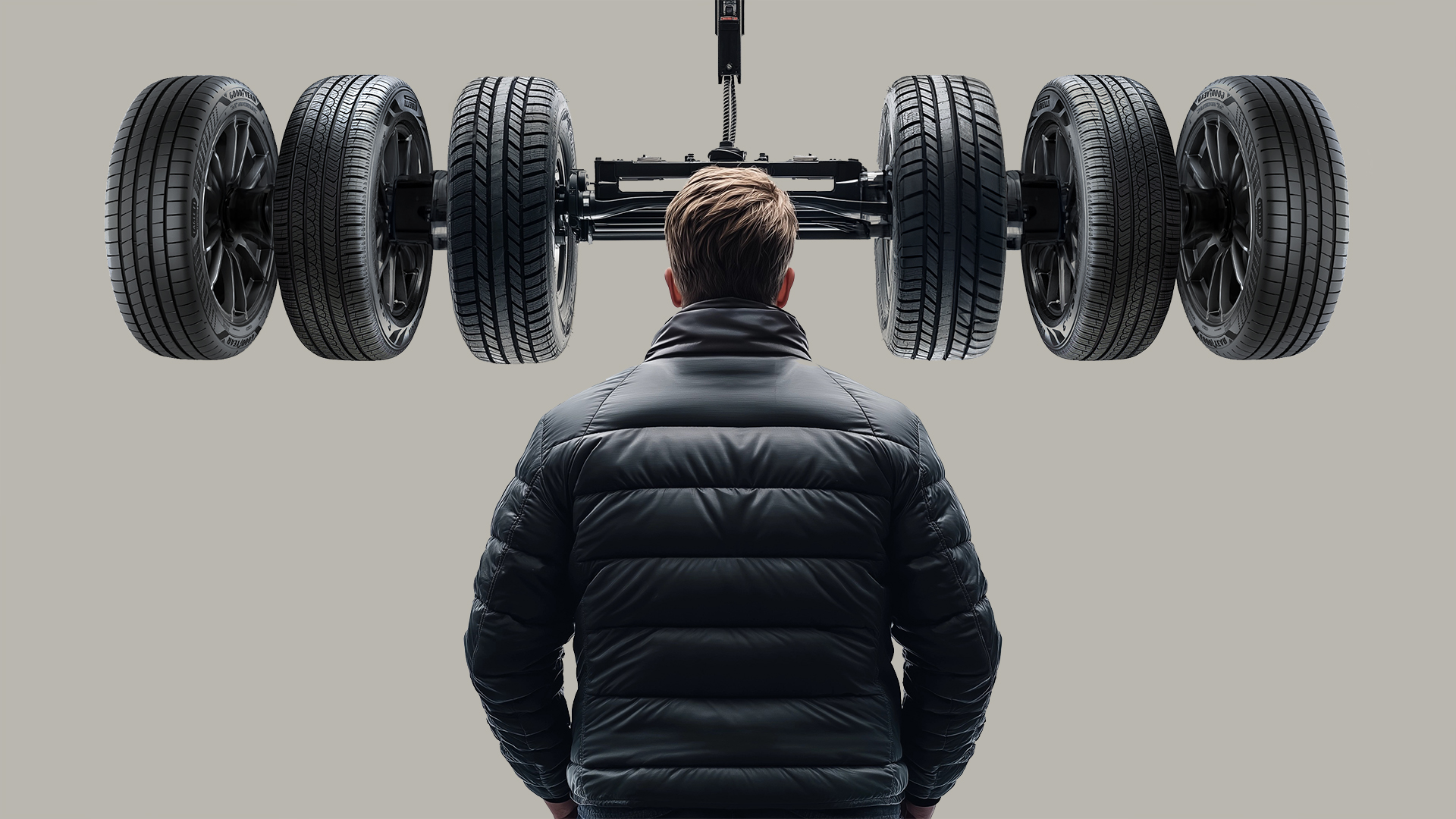Do you need special tyres for electric cars? Short answer: yep.
Choosing the right tyres for your electric car is crucial for ensuring optimal safety and performance. Electric vehicles (EVs) present unique demands such as instant torque, heavier weight (due to battery packs) and regenerative braking. In this article, we’ll provide expert recommendations for EV tyres that deliver durability, efficiency and exceptional handling.
Understanding and selecting the appropriate tyres for electric cars can significantly enhance your driving experience. We’ll explain the engineering that goes into these tyres and give you our top picks to keep your vehicle running smoothly and efficiently.
Explore Mobile Tyre Shop’s full range of tyres for electric cars and discover a set that suits your EV now.
Do you need special tyres for electric cars?
Electric vehicle tyres often boast compounds that reduce rolling resistance and improve performance. Whether specifically formulated or adapted from existing lines, tyres for electric cars must account for the weight, load, torque and traction requirements of EVs.
Here are five features that are commonly found in electric car tyres:
Heavy lifting
Electric vehicles are powered by heavy batteries and hefty motors that generate more torque compared to combustion alternatives. This weight and torque add extra strain to the tyres, influencing wear, ride quality and traction. Specifically engineered to cope with this pressure, tyres for electric cars often use different compounds and tread.
Peace & quiet
The best tyres for electric cars enhance the quiet cabin environment and smooth ride that EVs are known for. Without the rumble of a combustion motor, road noise may be more noticeable. Manufacturers have engineered smart solutions such as alternative tread patterns, noise-absorbing foam and aerodynamic designs to reduce noise as the car moves.
Effective heat distribution
Tyres for electric cars need to manage heat effectively, as the regenerative braking systems in EVs can generate more heat compared to traditional braking systems. For this reason, EV tyres usually incorporate cooling fins, silica-based compounds and reinforced structures to dissipate the heat.
Low rolling resistance
Rolling resistance is the amount of energy lost as the tyre rolls over a surface due to friction – this directly impacts how much energy is needed to propel the car. With lower rolling resistance, tyres for electric cars improve energy efficiency, extending the driving range of the vehicle and improving regenerative braking.
Adaptability & durability
Where combustion engine vehicles rely more on traditional friction braking, electric vehicles use frequent regenerative braking. This braking style feeds energy back into the electric vehicle’s motor, but it can also put stress on the tyres. EV tyres are specially built to handle this pressure.
Additionally, tyres for electric vehicles must be able to cope with instant and high torque. With stiffer sidewalls and special tread designs, EV tyres are designed to maintain the tyre’s shape and maximise contact even in challenging weather conditions.
What are the best tyres for electric cars?
1. Bridgestone Turanza Eco
The Bridgestone Turanza Eco is an award-winning tyre from one of the most recognised brands in the market. By integrating exclusive lightweight material into its composition, Bridgestone’s ENLITEN Technology achieves Low Rolling Resistance (LRR) while improving wear and enhancing durability.
2. Continental Conti eContact
Conti’s SportContact 5 Silent model is Tesla’s manufacturer’s choice. Sitting between the price of Pirelli (slightly cheaper) and Michelin (more expensive), these summer tyres are perfect for driving in warm weather conditions.
3. Hankook Ventus S1 evo3 EV
For a stunning blend of performance and appearance, the Hankook Ventus S1 evo3 EV promises to bring a touch of luxury to the road. With an Aramid hybrid core, these robust tyres boast enhanced stability during cornering, low rolling resistance and great traction in all weather conditions.
4. Michelin Pilot Sport EV
Previously the provider for six seasons of the Formula E, Michelin has proven its capability for creating reliable EV tyres. Michelins don’t come cheap though and while reviews rave about the Pilot Sport EV’s performance in dry conditions, it reportedly struggles in wet weather.
5. Pirelli P ZERO™ Elect
Picked by BMW for the IX, Pirelli says its tyres for electric cars are suited to electric SUVs and hatchbacks. Given that Pirelli performance tyres tend to be more competitively priced, these tyres may be the pick of the lot.
Shop with Mobile Tyre Shop
Discover Mobile Tyre Shop’s best tyres for electric cars. Visit our site to explore a wide range of high-performance, durable and efficient tyres to take your driving experience to the next level. We can also deliver and fit your new tyres at a time and place that suits you.



















































































